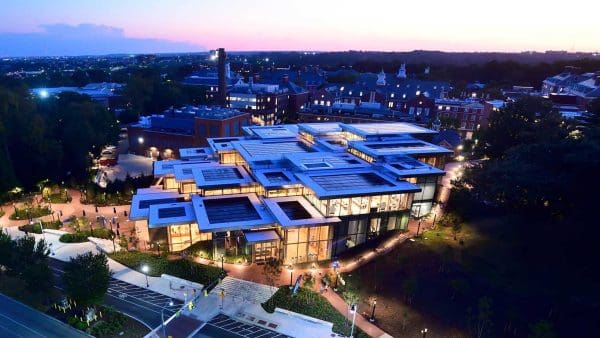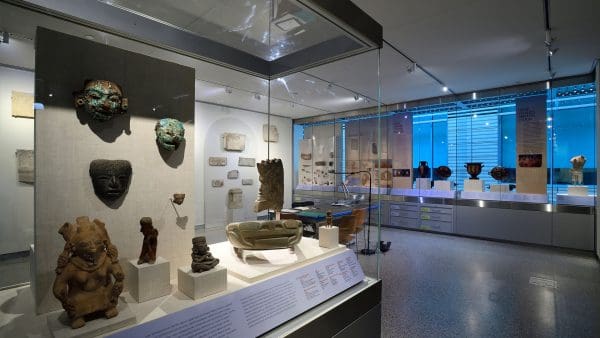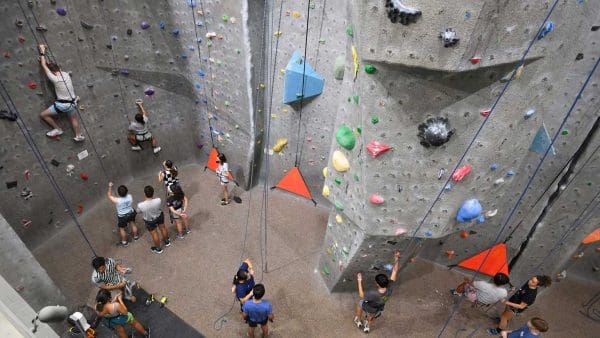
1. What are integrative learning and life design?
Integrative learning is connecting inside- and outside-of-the-classroom experiences so students develop their ability to apply newly learned concepts and knowledge in a complex world.
Life design is a system of trying different things, pursuing areas of curiosity, and allowing your life and career to evolve. It’s an alternative to the outdated approach to career planning, which assumes the person knows enough about themselves and the world to make accurate predictions, and is quite linear, when most people describe their journey as a series of chance events that made a difference.
I work with students not to find their life purpose, but to construct it.
2. You say life design is based on design thinking principles. What are they?
Design thinking is a common engineering method used all over the world. It’s a five-step process: You start with an area of curiosity, then define a problem, think of ideas, try different solutions, and then test and retest until you think you might have a solution. Not every step is unfamiliar; an internship is a great way to “test” a solution.
3. Why does Johns Hopkins need this? What is the impact you hope to see?
First, the ultimate outcome is not for alums to get a job; that’s just a basic outcome. The goal is for them to live and thrive in their ultimate life aspirations.
Second, all students need to have the same shot at achieving those life aspirations. I think about all of our students who may identify as an “other” and may feel an audacious move is too daunting. That brings me to our responsibility: to develop the network of support so all students, particularly the most underrepresented, have the same level of confidence and chance and ability and permission to make the transition from inspiration to audacious move.
4. How do you go about achieving these goals? What will look or feel different?
This approach is not going to be implemented in conventional career counseling with one-on-one interaction. Every academic department will have a career person who is not there to provide advising but to develop a dynamic community with programs, experiences, and experiments for students to engage with employers, alumni, faculty, and staff, and ultimately develop their life purpose.
5. How did you develop a passion for career and experiential education, and what is your life design?
I started with an MBA and enjoyed working with student groups. I took a class in counseling and absolutely fell in love with it. I decided to add an additional year and pursue a master’s in counseling psychology. Walking by the career center, I saw a flyer looking for grad students to serve as part-time career counselors, and I literally just took a right. That was when I developed a passion for helping people pave their way toward their future.




